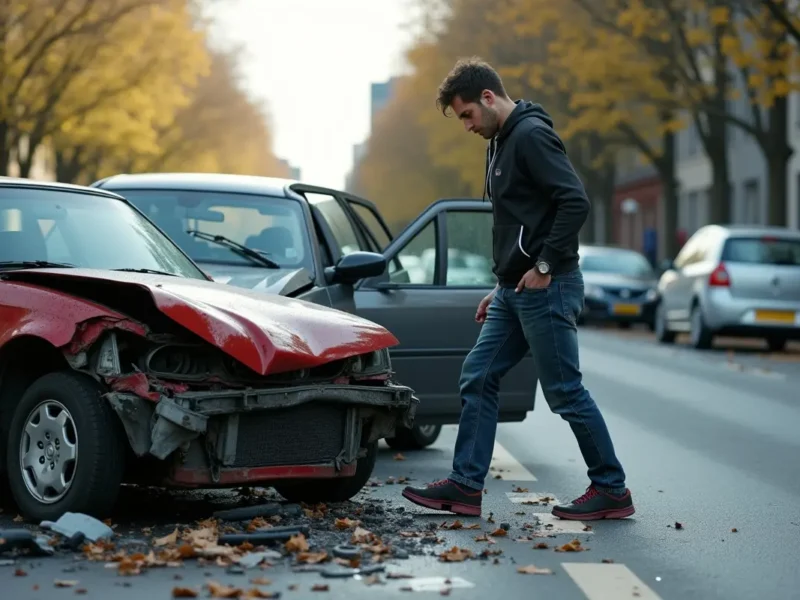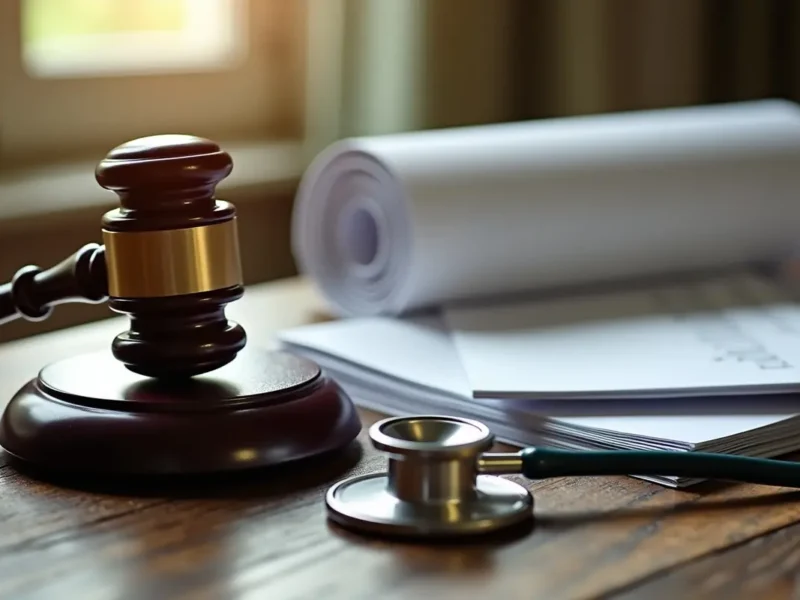In the realm of personal injury litigation, many factors come into play when determining liability and compensation for victims. Weather conditions, often overlooked, can significantly influence the outcome of such cases. Understanding how weather affects personal injury incidents is crucial for both Sacramento personal injury attorneys and individuals involved in such accidents.
Contents
Types of Personal Injury Cases Impacted by Weather Conditions
Slip and Fall Accidents
Inclement weather, such as rain, snow, or ice, can create hazardous conditions leading to slip and fall accidents. Wet or icy surfaces increase the risk of falls, potentially resulting in severe injuries. Legal precedents underscore the responsibility of property owners to maintain safe premises, particularly during adverse weather conditions.
Car Accidents
Adverse weather adversely affects road conditions and visibility, contributing to an increased risk of car accidents. Rain, snow, fog, or ice can impair drivers’ ability to control their vehicles, leading to collisions. Statistically, weather-related car accidents are common, necessitating careful consideration of weather factors in litigation.
Premises Liability
Property owners have a duty to ensure their premises are safe for visitors, even in adverse weather conditions. Hazards such as uncleared snow, icy walkways, or wet floors pose significant risks to guests. Failure to address these hazards may result in premises liability claims if an injury occurs due to weather-related conditions.
Establishing Liability in Personal Injury Cases Involving Weather Conditions
Negligence and Duty of Care
Weather conditions influence the standard of care expected from individuals or entities. Factors such as visibility, road conditions, and property maintenance standards are evaluated concerning prevailing weather conditions when determining negligence.
Comparative Fault
Assessing fault in weather-related personal injury cases requires careful consideration of each party’s actions. Contributory negligence may impact the allocation of fault among parties involved in the incident, affecting the compensation awarded to the injured party.
Evidence and Documentation in Weather-Related Personal Injury Cases
Importance of Timely Evidence Collection
Prompt gathering of evidence is crucial in weather-related personal injury cases. Preserving physical evidence, such as photographs of weather conditions and accident scenes, and obtaining witness statements are vital for building a strong case.
Expert Witnesses
Meteorological experts play a crucial role in assessing weather conditions at the time of the incident and providing expert testimony regarding the impact of weather on the accident. Their insights help establish causation and liability in weather-related personal injury litigation.
Damages and Compensation in Weather-Related Personal Injury Cases
Types of Compensable Damages
In weather-related personal injury cases, compensable damages may include medical expenses, lost wages, and pain and suffering. Calculating damages in such cases requires consideration of the long-term impact of weather-related injuries on the victim’s life.
Challenges in Calculating Damages
Determining the full extent of damages in weather-related cases can be challenging due to the complexity of establishing causation and the long-term effects of weather-related injuries. Legal representation is essential to navigate these challenges and ensure fair compensation for the injured party.
Weather conditions play a significant role in personal injury cases, impacting liability determinations, compensation awards, and legal strategies. Legal representation with expertise in weather-related litigation is crucial for achieving favorable outcomes in such cases.
By understanding the complexities of weather-related factors in personal injury incidents, both legal practitioners and individuals can navigate the legal landscape effectively.



